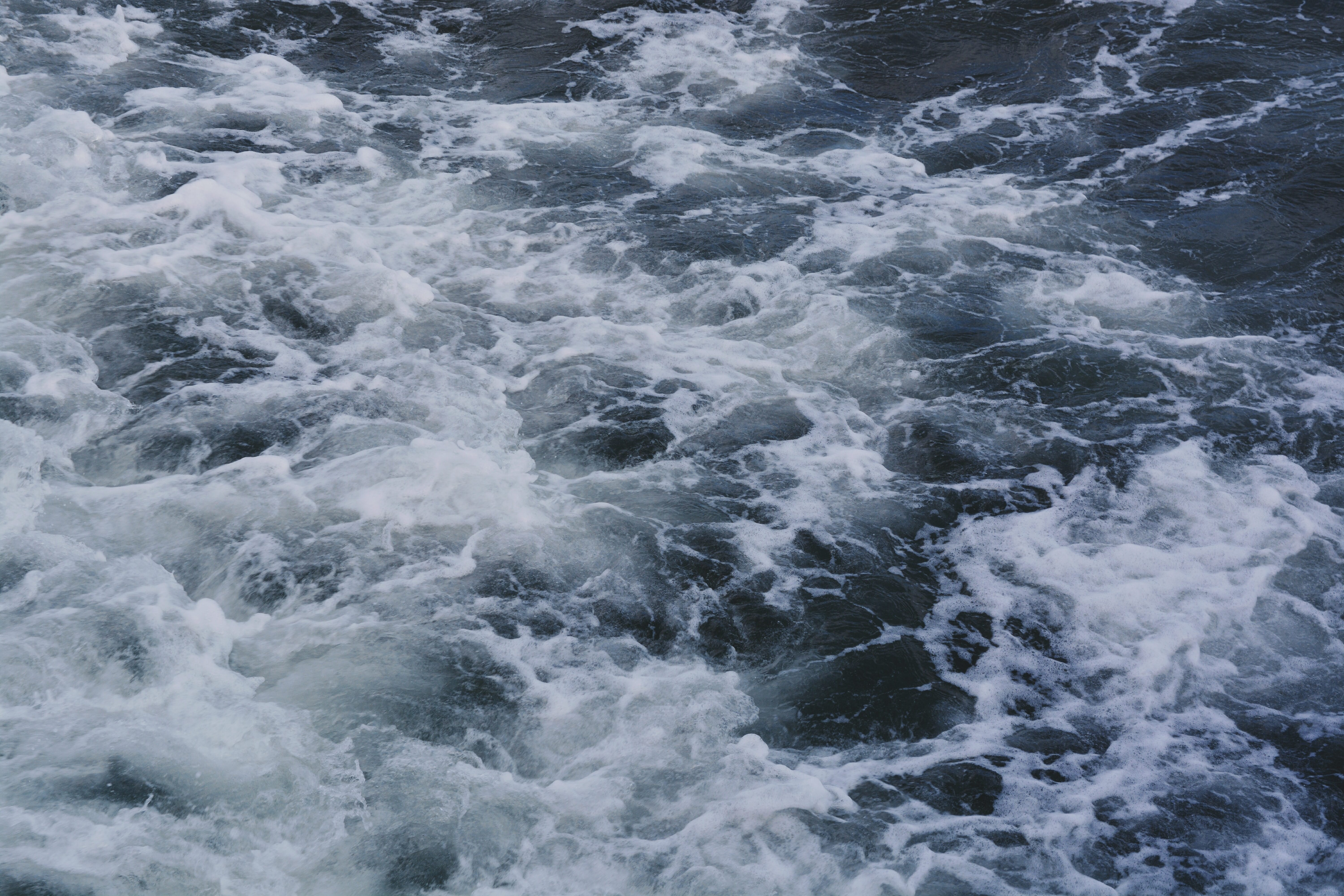Lawsuit Claims Nestle ‘Spring Water’ is Actually Contaminated Ground Water
A pending class action lawsuit is alleging that Nestle’s Poland Spring bottled water has misled customers into believing it’s “100 percent natural spring water” when in fact it’s contaminated ground water. The suit was filed this month in Connecticut federal court, and claims Poland Spring comes from “common ground water” and isn’t in compliance with the Food and Drug Administration’s definition of spring water. Furthermore, labels show “pristine scenes” with evergreen trees that do not accurately portray its contents.
“For more than twenty years, Nestle Waters’ marketing and sales of Poland Spring Water has been a colossal fraud perpetrated against American consumers,” lawsuit states. “To consumers, ‘spring water’ from a naturally occurring spring signifies purity and high quality and commands a premium price compared to Defendant’s non-spring drinking water products or filtered tap water.” The plaintiffs add, “The vast bulk of that groundwater is collected from Maine’s most populous counties in southwestern Maine, only a short distance from the New Hampshire border.”

The Food and Drug Administration requires bottled spring water to be collected at a naturally occurring spring or from a well supplying this type of spring. “In hydrogeological parlance, all such well water must be ‘hydraulically connected’ to a genuine spring,” according to the complaint. “Artificial man-made ‘springs’ do not satisfy FDA standards. Genuine springs must have a ‘natural orifice’ through which water ‘flows naturally’ to the surface, without human assistance. By faking the existence of springs, Defendant is defrauding its consumers.”
Poland Spring, Maine, dried out nearly half a century ago, and some consumers believe the actual water source is from the bottom of a lake. Nestle’s other collection sites are also no more than artificially created springs with pipes transporting water into wetlands and other contaminated sources, according to the filing. “Unknown to the general public, one or more wells at each of defendant’s six largest volume groundwater collection sites in Maine – which in recent years have collectively supplied up to 99 percent of the water in Poland Spring Water products – are near a present or former human waste dump, refuse pit, landfill, ash pile, salt mound, farm where pesticides were previously used, fish hatchery or toxic petroleum dump site.” Lead plaintiff, Mark Patane, claims he wouldn’t have spent the money he had on the product if he has known it was no more than ordinary, contaminated ground water.

If an actual spring was being used, “Such a spring would be plainly visible – more like a geyser than a spring – and undoubtedly well known,” plaintiffs’ attorney Craig Raabe said. “Yet there is no photographic proof that even one such spring – much less eight – exists on or near defendant’s sites in Maine.” Further, “It has never been proven to exist, and the evidence that defendant itself filed with Maine regulators shows it does not exist,” the complaint states. “Because the Poland Spring is not a source of its products, defendant’s use of the ‘Poland Spring’ brand name is unlawful.”
Nestle released a statement, alleging the claims “are without merit and an obvious attempt to manipulate the legal system for personal gain.” The statement added Poland Spring “is 100 percent spring water” that meets FDA regulations defining spring water. “We remain highly confident in our legal position.”
Sources:
Consumers Call Nestle Poland Spring Water ‘a Colossal Fraud’
Poland Spring bottled water isn’t from a spring, lawsuit alleges
Poland Spring Water is committing ‘colossal fraud,’ lawsuit says


Join the conversation!